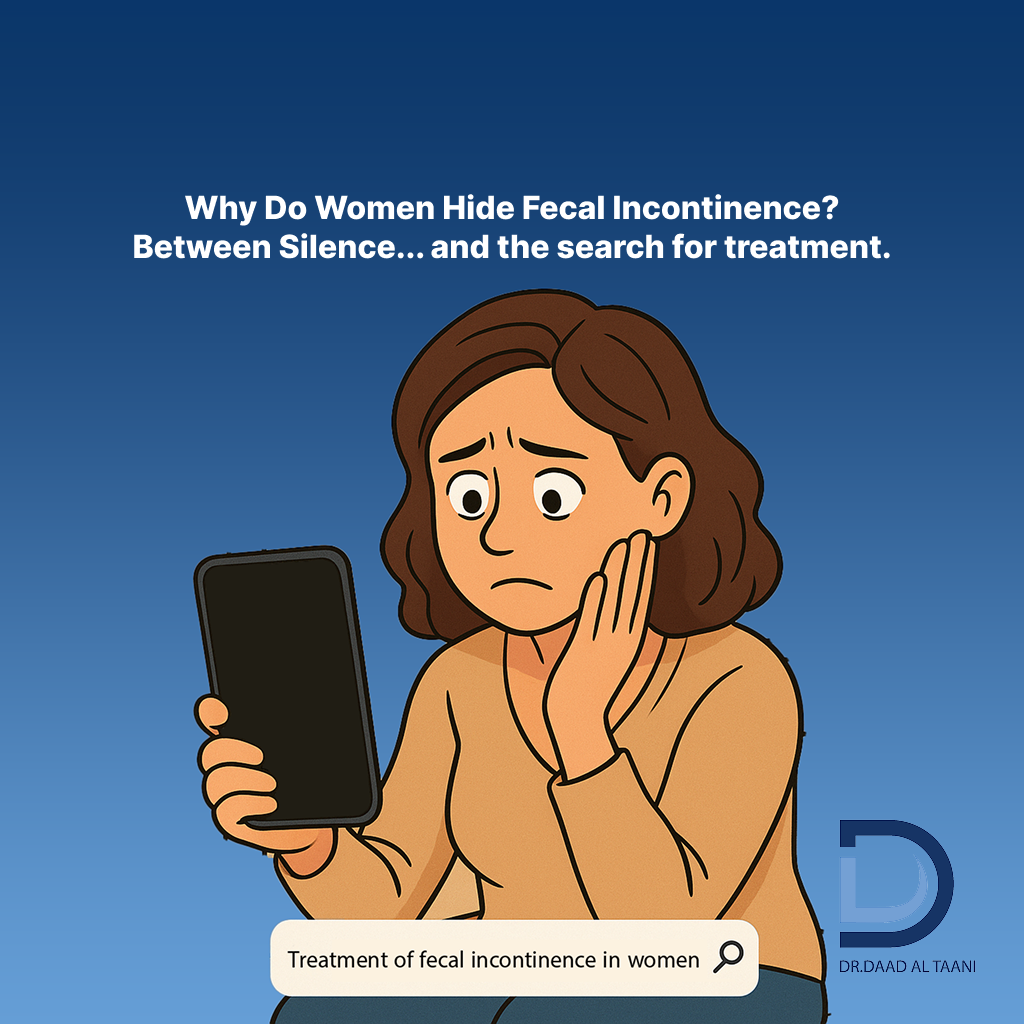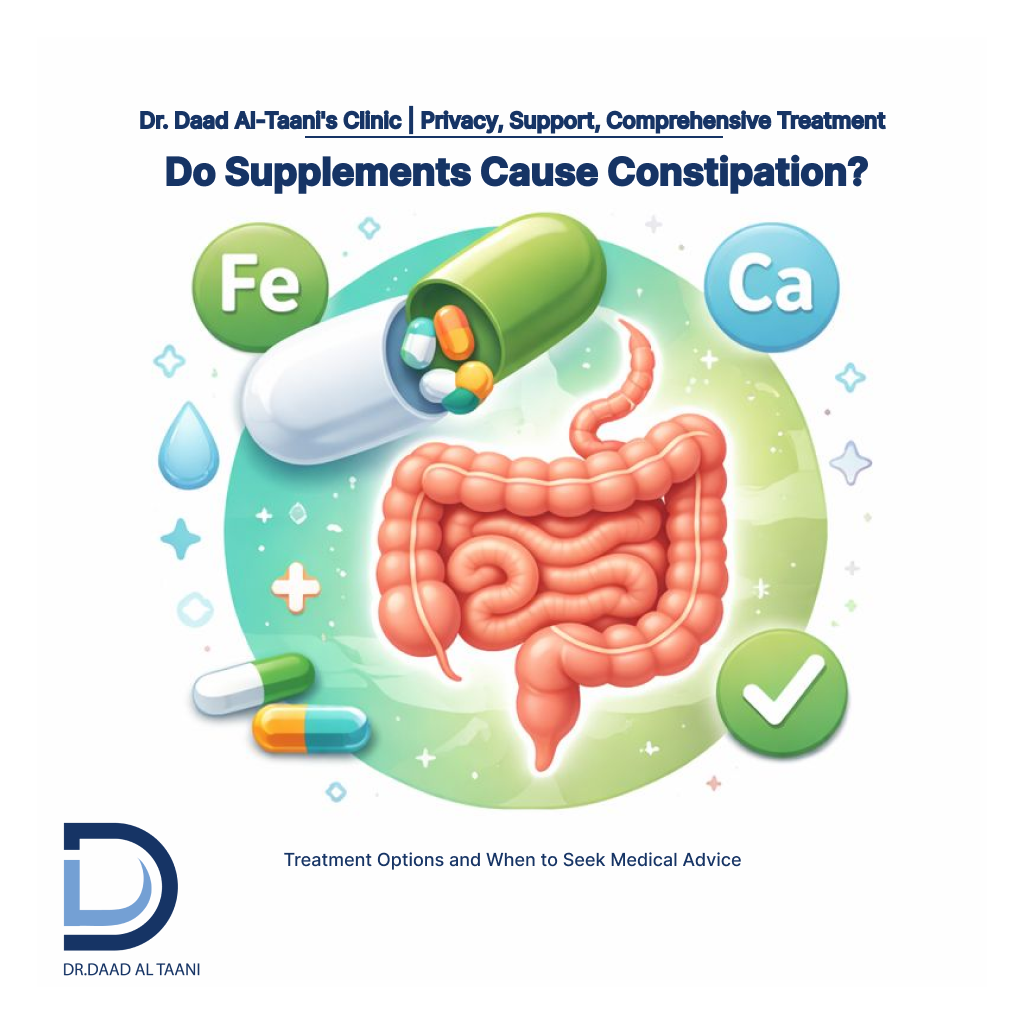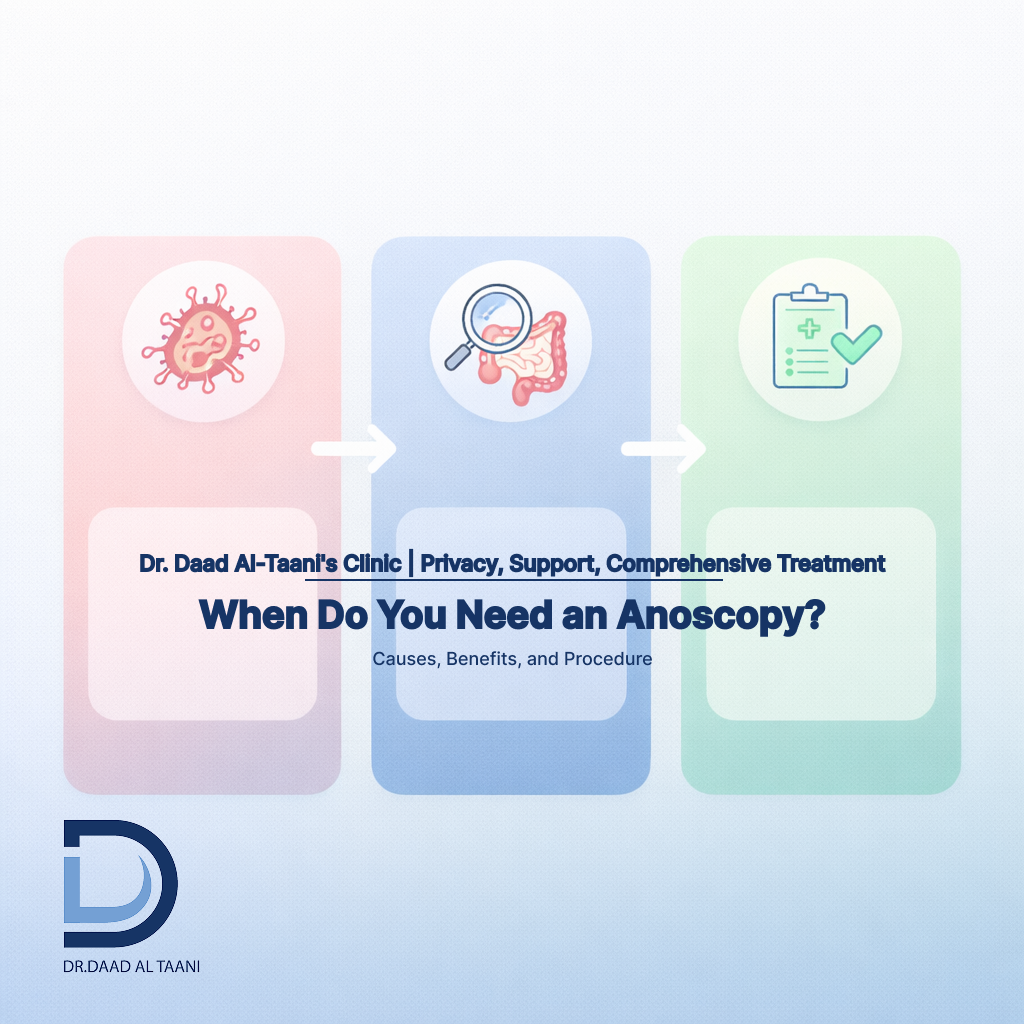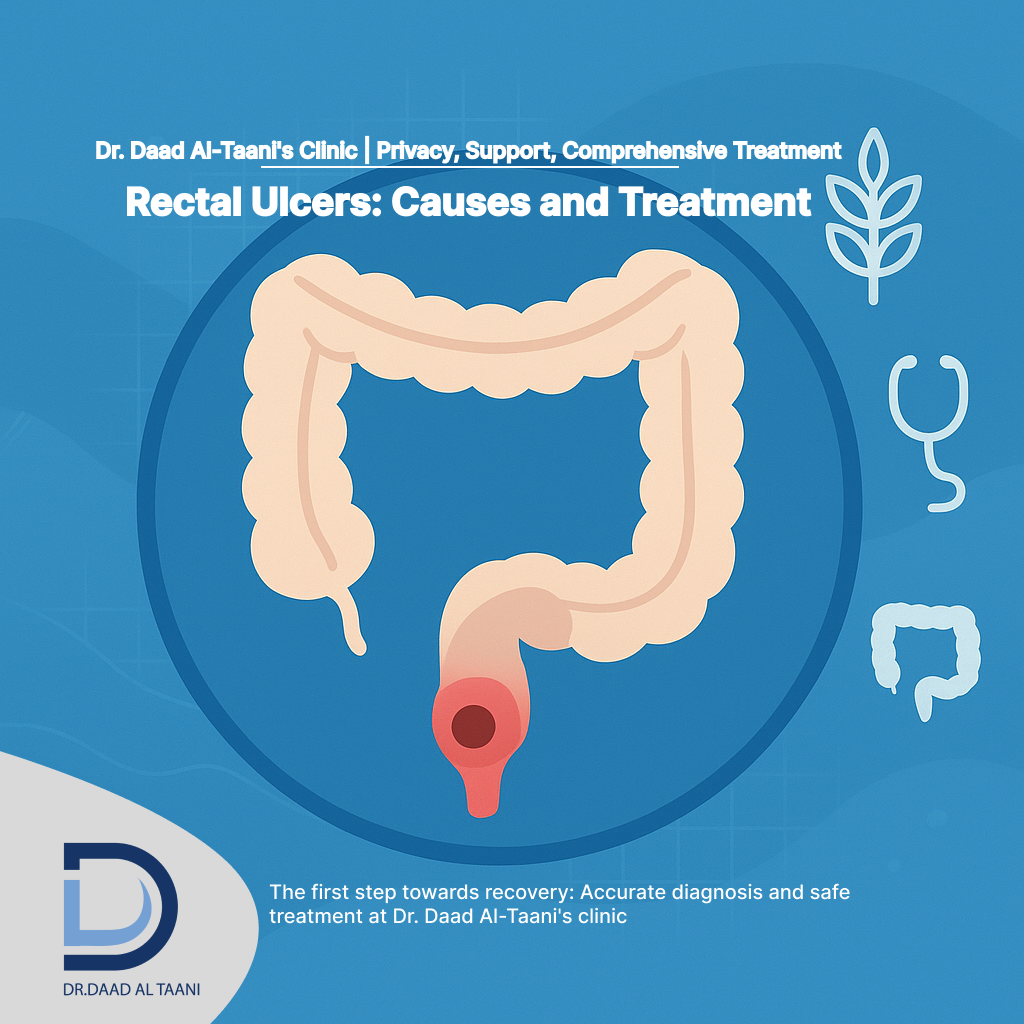Fecal incontinence (FI) — the involuntary leakage of stool or gas — is a condition that affects millions of women around the world. Yet, despite its prevalence, many women suffer in silence. They avoid seeking help, endure daily discomfort, and allow shame and stigma to delay their path to recovery.
In this article, we explore why women often hide fecal incontinence, the impact of that silence, and how to seek treatment safely and effectively, especially in a specialized, discreet setting like Dr. Daad Al-Taani’s clinic.








